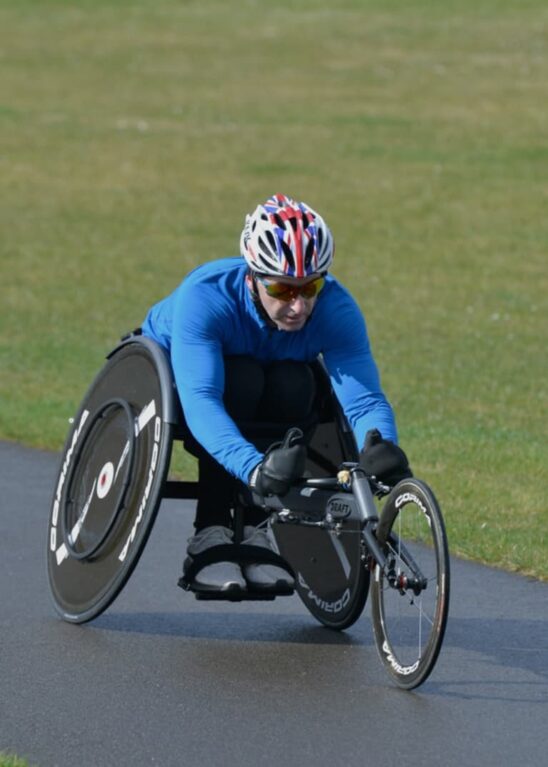We often hear that movement is good for mental health. It absolutely is. But when you are feeling low, anxious or mentally exhausted, even the idea of getting up and doing something active can feel like too much. The pressure to commit to high-energy workouts or intense training sessions only makes it harder.
At Lightning Fitness we believe that movement should support your mental health, not add to the burden. Routine movement can be one of the most effective ways to manage stress, lift your mood and rebuild confidence. The key is to keep it realistic, sustainable and built around your needs.
Movement and Mental Health: What the Science Says
There is a growing body of evidence showing that movement has a positive effect on mental health. Regular physical activity helps regulate cortisol levels, which in turn supports nervous system balance. It also stimulates endorphin release, contributing to improved mood, mental clarity and emotional resilience.
Movement is not just about the body. It impacts the brain too. Structured physical activity has been shown to help reduce symptoms of depression, ease anxiety and improve sleep. It helps people feel more grounded, more connected to their bodies and better able to manage stress.
This is not about chasing an aesthetic goal or hitting extreme targets. It is about improving how you feel and function each day.
Reframing Exercise: It Does Not Have to Be a Workout
One of the biggest barriers to getting started is the belief that movement has to look a certain way. People often think it only counts if it is an intense gym session or an hour-long run. That is not true.
At Lightning Fitness we often work with people who are rebuilding confidence or working through complex health challenges. For many of them, the most important thing is simply moving in a way that feels achievable. That might be a short walk, some focused breathwork, a few minutes of mobility or a light strength circuit.
Every session does not have to be your best. Some days will be a 7 out of 10. Others might be a 3. What matters most is showing up consistently, even in small ways. Over time that consistency becomes the foundation for both mental and physical resilience.
Building a Routine That Works for You
Routine supports stability. It removes the need to rely on motivation and helps you make movement a regular part of life. But a routine only works if it is realistic.
Start small. Five or ten minutes of movement a day can have a noticeable impact on mood and energy. Choose activities you enjoy and focus on how they make you feel rather than how they make you look. Pair your movement with something familiar. A morning walk with your coffee. A gentle mobility session after work.
Structure is helpful but it should never feel rigid. Some days you might do more. Some days you might just move through the basics. That is okay. At Lightning Fitness we meet every client where they are. We support them in building habits that work with their energy, emotional state and current capacity.
Movement should feel like a tool that helps you, not a task that weighs you down.
You Do Not Need to Be Perfect to Make Progress
Many people avoid starting because they feel like they need to be all in or not at all. But perfection is not the goal. Progress is. If you miss a day, you start again. If you do not have the energy for a full session, you do what you can.
Your body and mind are constantly shifting. Training with mental health in mind means learning to listen, respond and adjust. The goal is not to force your way through. It is to build awareness, resilience and a sustainable sense of wellbeing.
At Lightning Fitness we believe that movement should be empowering. It should help you feel stronger, clearer and more capable in your day to day life. That might start with something as simple as showing up.
You do not need a perfect plan to get started. You just need the right support.
At Lightning Fitness we offer structured, adaptable training that supports both your mental and physical wellbeing. With years of experience working alongside clinical psychologists and supporting clients through mental health challenges, our approach is grounded in empathy and science.
If you are ready to explore how movement can support your mental health in a way that feels right for you, get in touch today.




